Resolution #466
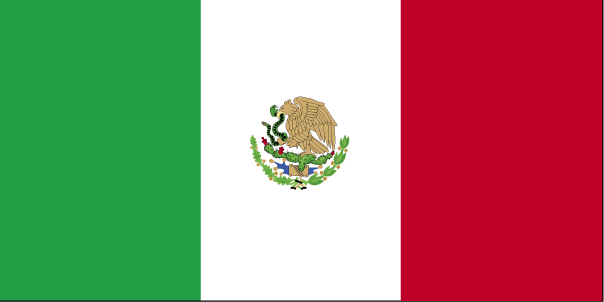 |
The question of responding to global financial crises. |
| Committee: ECOSOC | |
| Main Submitter: Mexico | |
| Submitted: 15/02/2025 16:36 |
| Status |
|---|
| Passed cosubmitter sheet validation |
| Approved by approval panel |
| Selected for debate by secretariat |
| Passed by committee (ECOSOC) |
| Chosen for debate in General Assembly |
| Failed by General Assembly |
Committee Voting
| For: | 21 |
| Against: | 1 |
| Abstentions: | 1 |
General Assembly Voting
| For: | 4 |
| Against: | 55 |
| Abstentions: | 1 |
Options
Co-submitters
 | Algeria |
 | United Kingdom |
 | Qatar |
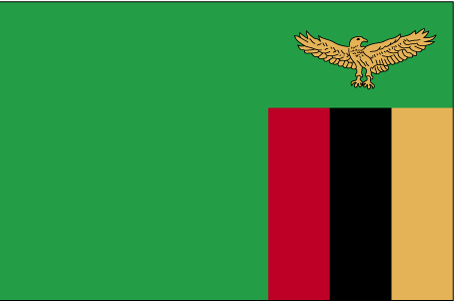 | Zambia |
 | Slovenia |
 | Canada |
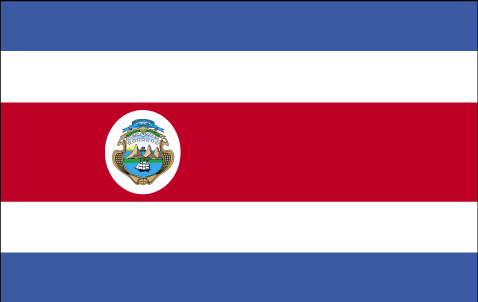 | Costa Rica |
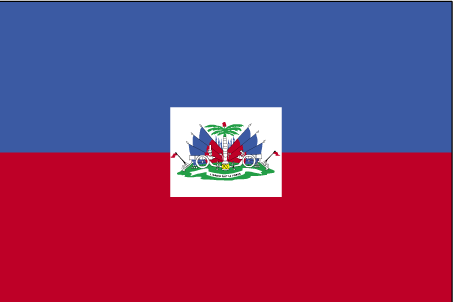 | Haiti |
 | Finland |
 | Bangladesh |
 | Nepal |
 | New Zealand |
 | Guyana |
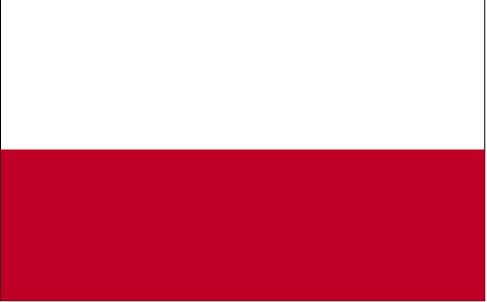 | Poland |
Resolution
Forum: Economic and Social Committee (ECOSOC)
The Question Of: Responding to global financial crises
Submitted By: Mexico
Co-submitted by: Republic of Slovenia, UK, Algeria, Qatar, Zambia, Canada, Costa Rica, Haiti, Finland, Bangladesh, Nepal, New Zealand, Guyana, Poland
THE GENERAL ASSEMBLY,
Taking into consideration past financial crises including but not limited to the Great Depression and Great Recession and their effects on the prosperity of citizens and the global market,
Acknowledging the importance of cooperation and coordination internationally among governments, central banks of countries, and organizations in addressing the underlying causes and mitigating the negative effects of a financial crisis,
1. Requests the establishment of a sub-body of the United Nations named “United Nations Global Financial Crises Organization” (UNGFCO)”, which will consist of:
a. representatives from major international financial institutions such as but not limited to the World Bank and International Monetary Fund (IMF),
b. representatives from member states
c. an advisory board of economic experts from different member states
d. a monitoring team that consists of economic experts and data-analysts
e. in order to, monitor the economic growth rates globally to be able to detect the early signs of economic growth slowing down, global inflation rates and trends, public debt levels to prevent high debt-to-gdp ratios, unemployment rates, stock market volatility, banking stability, global trade flows
f. in order to detect and assist the member states that were severely impacted by the major economic crises such as the COVID-19 Pandemic by providing assistance to develop and adjust financial policies;
2. Encourages member states to diversify their economies in order to not make their economies dependent on a single sector to protect it from crises in specific sectors, by encouraging innovation, the development of new industries, and entrepreneurship by means such as but not limited to:
a. subsidies
b. tax investments
c. establishing investment frameworks to encourage investment in small and medium enterprises (SMEs) that are more adaptable to financial crises by means such as but not limited to tax incentives and subsidies, particularly in LEDCs;
3. Supports initiatives of member states aimed at raising financial literacy in order to:
a. educate the public regarding the importance of financial management, savings, financial investments, and the measures that should be taken in times of crisis and by running public awareness campaigns through:
i. public seminars and capacity building programs regarding the issue
ii. the integration of basic concepts including but not limited to financial management, savings, financial investments, debt handling, and budgeting into secondary and university curricula
iii. free online lessons and workshops to teach these basic financial skills offering certification in order to enhance participation
b. especially for decision and policy makers and major stakeholders, particularly in developing countries, in order to ensure better crisis management;
4. Urges member states to invest in and promote resilient supply chains by measures such as but not limited to:
a. promoting business start-ups to: explore diversification, enhance technological solutions, increase competition in market
b. reducing vulnerabilities to disruptions
c. ensuring the stability of critical goods services’ prices;
5. Advocating governments to adopt to a comprehensive stimulus packages to diminish the monetary fallout from financial crisis, which should:
a. Invest in the infrastructure projects that will create new jobs, influence demand and support
b. Fund the top firms in its own country, providing a guaranteed stock market that will help the cash flow in the economy
c. Providing a direct support to individuals and families;
6. Emphasizes the role of climate-resilient economic policies in mitigating financial crises by:
a. establishing green financial mechanisms in order to support investments in renewable energy and sustainable infrastructure
b. encouraging climate risk assessments in financial institutions to account for environmental vulnerabilities
c. supporting climate adaptation funds that assist economies facing extreme weather-related disruptions;
7. Requests the United Nations Development Programme (UNDP) and the World Bank to provide assistance to LEDCs, with the aim of strengthening financial systems and promoting economic stability by means including but not limited to:
a. expanding access to financial services through the promotion and development of fintech, microcredit facilities, particularly in underserved communities, to ensure broader financial inclusion and economic participation
b. work in collaboration with local authorities, NGOs, and institutions to promote the expansion of fintech by raising public awareness regarding the utilization of fintech;
8. Further asks the IMF and the World Bank to consider amending a country's debt repayment scheme if they are deemed to be in a severe financial crisis, to ensure that these countries can allocate their limited resources to more urgent matters, and for the IMF to do the following, but not limited to
a)Cancel part or all of the countries debt to the World Bank and/or IMF;
b)Offer Financial assistance to the country in paying back the loan in its post-recession phase, such as decreasing initial interest rates or increasing the time that the nation has to repay the debt;
c)Any other measures deemed necessary by the IMF and World Bank, considering the severity of the Financial Crisis and the ability for repayment;
9. Calls for the creation of a United Nations Financial Crisis Outreach Program (UNFCOP) to be overseen by the UNGFCO to oversee all educational elements of the resolution and supervise if supportive funds and subsides are used correctly, by sending volunteers, employees, and relevant field professionals, into participating member nations, with the permission of member nations;
10. Requests the creation of a bi-annual conference, to be held online, organized by the UNGFCO, to be attended by experts in global finance and crises response, and representatives from all member nations with an emphasis on the need for representation of individuals and communities suffering from the impacts of global financial crises, particularly those in economically vulnerable areas, for the purposes of but not limited to:
a) providing a platform for member nations to voice their concerns regarding the effects of financial instability on vulnerable populations, the support and recovery of those affected by economic downturns, and the implementation of this resolution,
b) facilitating and planning to take action on the addressing of these concerns,
c) monitoring and discussing progress made regarding the implementation of this resolution and suggesting actions to member nations to help them further implement all clauses of this resolution,
d) providing a detailed UN report comprised of member nations’ progress implementing this resolution, and everything discussed at the conference, to be made available to the, UNGFCO and UNDP as well as to all member nations, to be utilized for further research, progress and action.